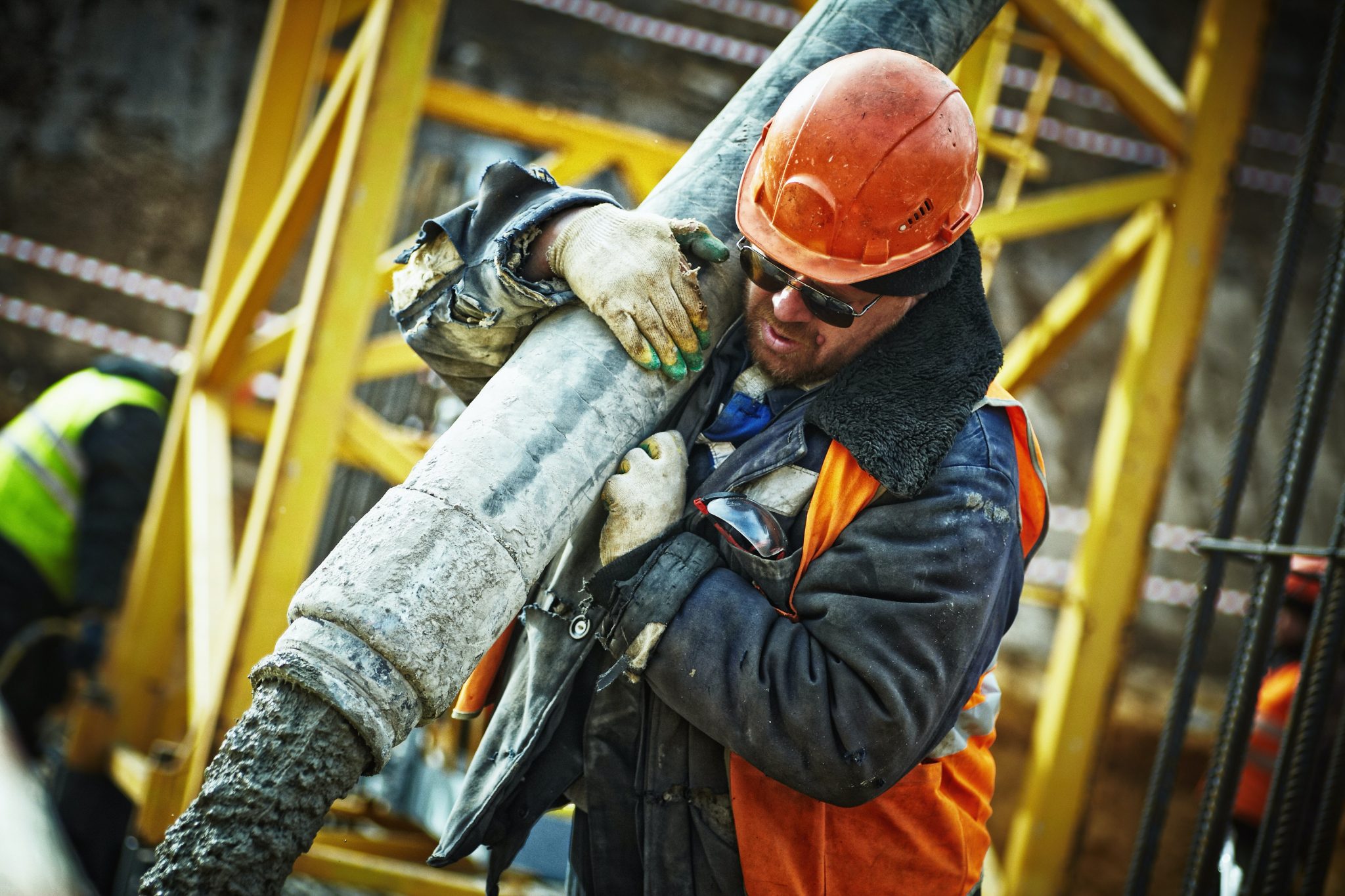Workplace Illnesses – Five most dangerous professions to work in

Index Of The Blog
It is common to consider that an employee taking a day off from work is due to some injury or illness; however, the cause of that injury or disease is sometimes due to the nature of work or the poor work environment.
Besides the working environment, chemical or psychological factors also contribute to workplace illnesses.
Employees exposed to these factors in the workplace are at health and safety risk. In most cases, it is difficult to catch any work-related illnesses due to the lack of clarity between the cause and effect, eventually leading to limited or no treatment options.
Ensuring workers’ health and safety is an integral part of every industry. The responsibility falls upon the employer’s shoulder to ensure the working conditions are to avoid any occupational injuries or illnesses.
Carrying out a risk assessment and implementing safety procedures in the work environment is vital to safeguard an employee’s health.
Even after appropriate measures are in place, there is no guarantee that workers will be safe from harm; however, it protects employees from the worst outcomes.
Examples of occupational illnesses include dermatitis, respiratory disease, hearing loss, and mesothelioma. The cause of these illnesses is either direct or indirect; for instance, a respiratory illness usually stems from the prolonged second hand exposure to smoke in the workplace, whereas veterans serving between 1930 and 1980 were exposed to asbestos resulting in mesothelioma later in their lives.
Besides chemical or psychological factors, certain professions are also deemed dangerous. A few of those are mentioned below
1. Logging
For many, logging means an opportunity to explore the wilderness; however, it is a physically demanding job that uses heavy machinery, adding danger and injury risk.
Among the dangers loggers face, the riskiest is during tree chopping. Trees weigh hundreds of pounds which means workers are likely to get crushed if there is a slight miscalculation during chopping.
The miscalculation is usually the inability to predict how the tree or its branches would fall. Professionals working in the logging industry are also at risk of injury from cranes, chainsaws, and bulldozers.
Even with personal protection equipment, mishandling the equipment puts workers at risk.
Any outdoor activity means the possibility of working in severe weather conditions. Depending on the job location, loggers have to carry out a physically demanding job in sweltering, cold, or wet weather, which affects their health.
2. Commercial Fishing
It is among the most dangerous professions because of the numerous hazards. These hazards range from weather conditions to falls and fatigue.
Talking about weather conditions, commercial fishing crew members spend most of their time working under adverse weather like heavy rains, which increases the risk of offshore boat accidents.
This risk is multiplied by exposure to lightning which makes it challenging to carry out everyday tasks. The metal surfaces on the vessels are a direct source of electrocution from lightning strikes resulting in severe injury.
Water is the main component in commercial fishing which means the challenges faced by workers are also unique.
Harnessing the equipment the wrong way results in immersion in low-temperature water, which leads to hypothermia or a cold shock.
Completing repairs or maintenance on the fishing vessel ascertains that work will be carried out smoothly, so workers often have to work at a height, putting themselves at risk of falling. Lack of protective equipment and training doubles the risk.
3. Roofers
According to the U.S Bureau of Labor Statistics, roofers rank fourth on the list of the most dangerous job.
The risk of falling is undoubtedly high when you are up on the roof, causing debilitating injuries—besides the natural cause, tripping over equipment while working is also why roofing is dangerous.
Roofers often come across a missing or curved shingle when working on the roof, which increases the possibility of them stepping in the wrong place or losing their footing.
It ultimately causes them to fall and suffer consequences like a traumatic brain injury.
Sometimes an inexperienced worker has a poor depth perception that leads to a loss of balance. Workers also suffer from puncture wounds that result from a range of tools required to complete the job.
These wounds are either from stepping on nails or getting accidental nail gun punctures which can be severe depending on the location of the puncture.
4. Farming
Farming is undoubtedly one of the most challenging jobs that put workers in harm’s way. From heavy machinery and pesticides to adverse weather conditions – farming threatens workers’ lives in the short and long term.
Among the threats that make farming a challenging job for workers is grains. Grains such as wheat and soybeans do lead to suffocation.
The dust from the grains makes it hard to breathe, causing the workers to choke. In severe circumstances, workers cannot survive if they fall into the silos full of grains with no one around to save them.
Like any other industry, farmers have to work with heavy machinery, a tractor in the farmer’s case. Tractors are difficult to maneuver, and since they are used for a long time, their safety measures run out of date with time.
This increases the likelihood of tractors rolling over and crushing the driver underneath.
Along with machinery, farmers frequently have to use chemicals or pesticides to protect the crops from bugs or animals.
It helps farmers preserve their investment; however, prolonged exposure to chemicals causes breathing problems, skin issues, and other side effects. Long working hours also pose a serious health issue, thus increasing the space for errors.
5. Garbage Collection
Although garbage collection is one of the dirtiest jobs, it is also among the dangerous jobs. While dumping trash bins over a long period of hours is physically taxing, the temperature makes this profession dangerous.
For instance, workers risk dehydration during the summers, making it necessary to rehydrate as often as possible. Similarly, in the winter, workers are likely to suffer frostbite.
Workers are at high risk of hazardous materials often found in the trash. These materials include medical needles and waste items, home to various disease-causing bacteria.
Road incidents are also a major factor contributing to the dangers of this profession. A reckless or careless driver can sometimes hurt workers while they are busy loading trash onto a lorry.
Conclusion
Although work-related injuries or illnesses are inevitable, precautions, training, and education significantly reduce the risk.
Every profession brings along a risk that puts workers’ lives at stake; however, it is the responsibility of the employers to ensure the employee’s safety and health.
While many factors contribute to occupational illnesses or injuries, the type of industry you are working in also plays a significant role.
From roofing to farming, workers are exposed to risks like falls and chemical exposures that cause workers to suffer from serious injuries and illnesses.













